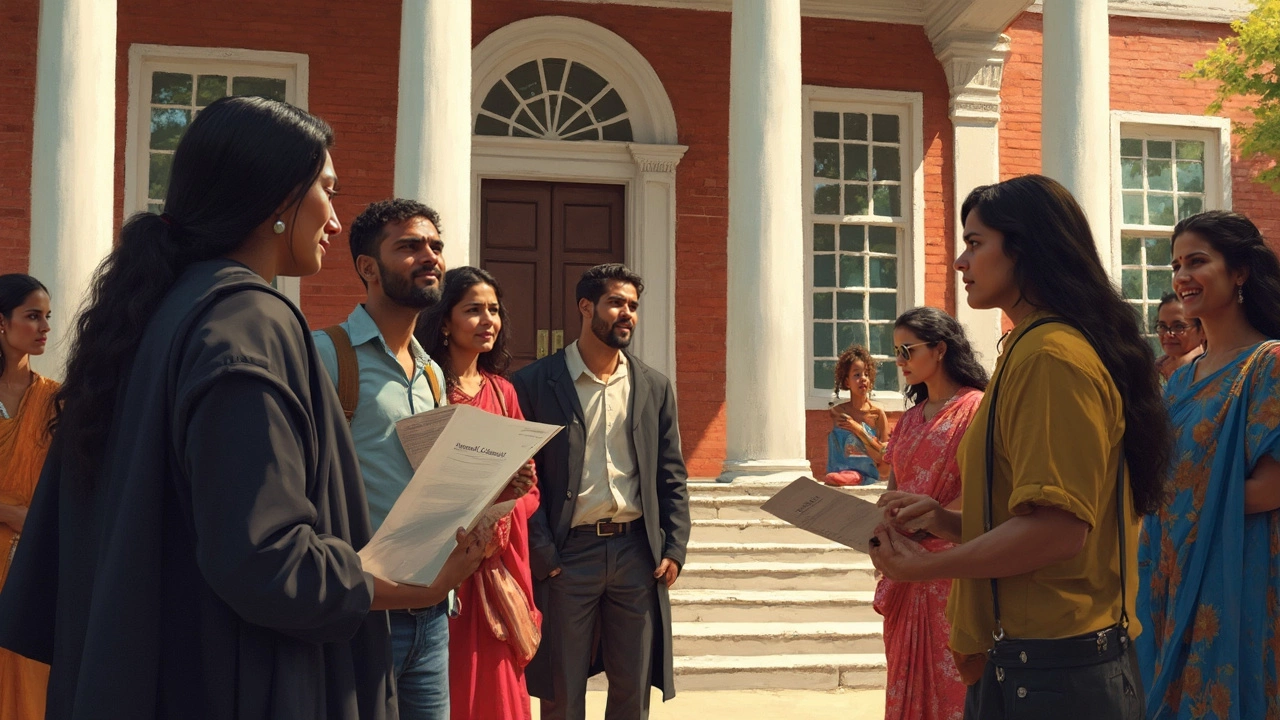VA Civil Court: What You Need to Know
If you’re dealing with a dispute in Virginia—whether it’s a contract issue, property problem, or personal injury claim—you’ll end up in civil court. The process can feel confusing, but breaking it down step‑by‑step makes it manageable. Below you’ll find the most practical info on filing, moving through the case, and getting a good result without getting lost in legal jargon.
Filing and Moving Through the Court
The first thing you do is file a complaint with the appropriate circuit court. Virginia has 31 circuit courts, and each one handles civil matters over $25,000. For claims under that amount, you’ll file in the general district court. Grab the complaint form, write a clear statement of what happened, and attach any supporting documents—contracts, photos, invoices.
Once the complaint is filed, you’ll pay a filing fee. Fees range from about $30 for small claims to $150 for larger cases. If money is tight, you can ask the court for a fee waiver by proving low income. After filing, the court will issue a summons and send it to the other party (the defendant). They have 21 days to answer, though they can ask for more time.
After the answer, both sides exchange "discovery"—the legal term for sharing evidence. In Virginia, you can request documents, send written questions (interrogatories), or take depositions. Keep your requests focused; vague or overly broad requests can be rejected and waste time.
Winning Your Case: Evidence and Settlement
Evidence is the lifeblood of any civil case. Courts look for proof that the defendant’s actions caused you a loss. This can be medical records, invoices, emails, or witness statements. Make sure every piece of evidence ties directly to the damages you’re claiming.
Most Virginia civil cases never go to trial. According to recent court data, over 80 % settle before the judge renders a verdict. Settlement negotiations can happen at any stage—right after filing, during discovery, or even after a pre‑trial conference. To improve your bargaining power, be ready with a clear damage calculation and a realistic settlement range.
If you do go to trial, the judge (or a jury, if you request one) will decide based on the evidence presented. Trials in Virginia usually last one to three days for most civil matters. The judge will then issue a written judgment, which the winning party can enforce through liens, wage garnishment, or bank levies.
Don’t forget about the cost side. Apart from filing fees, you’ll likely incur attorney fees, expert fees, and possibly court‑ordered costs like copying or travel. Some lawyers work on a contingency basis—meaning they only get paid if you win—while others charge hourly. Discuss fee structures up front so you know what to expect.
Finally, remember that appeals are possible but costly. You have 30 days to file a notice of appeal after a judgment. Most people choose to negotiate a settlement after a judgment rather than go through the appellate process.
Virginia’s civil court system is designed to resolve disputes efficiently, but knowing the steps, deadlines, and evidence rules can save you time and money. Use this guide as a checklist, stay organized, and don’t hesitate to ask the court clerk or a qualified attorney for clarification when a rule seems unclear.
Where Are Civil Cases Heard in VA? Your Guide to Virginia Courts
Wondering where your civil case will be heard in Virginia? This article explains the different state courts that handle civil cases, breaking down which court fits which type of case. From small claims that involve a few hundred bucks, to larger lawsuits, you’ll find out exactly where to go. Get tips on what to expect and what mistakes to avoid. Perfect for anyone about to dive into legal action in Virginia.
